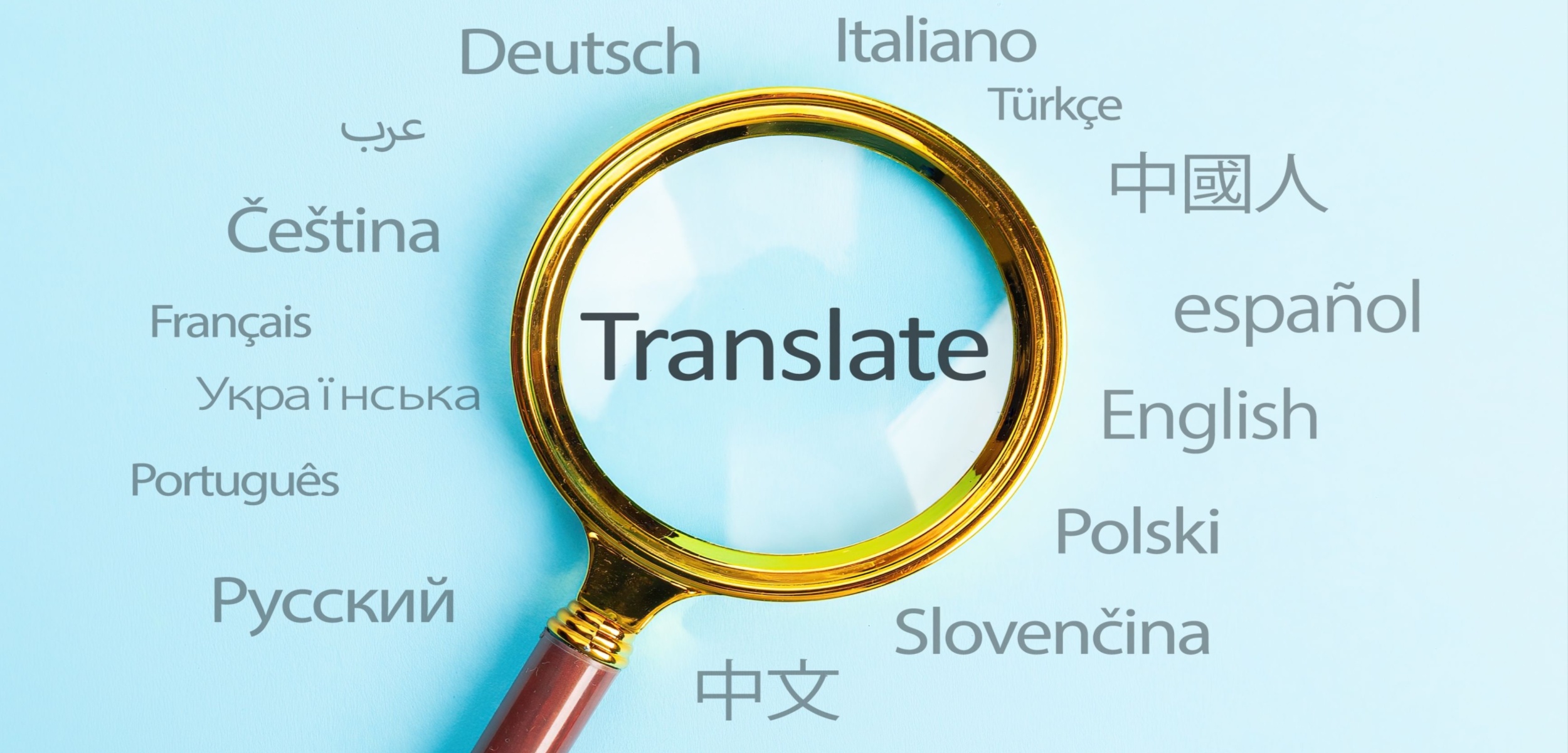No products in the cart.
Have you ever wondered how to become a translator? This career path can be both rewarding and challenging, offering opportunities to work with diverse cultures and languages. In this guide, we will explore the steps and skills needed to embark on this journey. Whether you are bilingual or just starting to learn a second language, there are several key aspects to consider.
Understanding the Role of a Translator
Firstly, it’s important to understand what a translator does. Translators work with the written word, converting text from one language into another while maintaining the original meaning and tone. This requires a deep understanding of both the source and target languages. Unlike interpreters, who work with spoken language, translators focus on written content such as documents, books, and websites.

Essential Skills for Translators
To become a successful translator, you need to develop several core skills:
- Advanced Language Proficiency: Mastery of at least two languages is crucial. You should have near-native fluency in the source language and excellent writing skills in the target language.
- Cultural Knowledge: Understanding cultural nuances is essential to ensure accurate translations. This includes idiomatic expressions, customs, and societal norms.
- Attention to Detail: Translators must be meticulous, ensuring that translations are accurate and free from errors.
- Research Skills: Often, translators need to research specific terms or concepts to ensure accuracy, especially in technical or specialised fields.
Steps to Become a Translator
Language Education
Begin by enhancing your language skills. If you grew up bilingual, you already have an advantage. However, formal education in languages can provide a solid foundation. Consider pursuing a degree in translation or a related field to gain a deeper understanding of linguistic principles.
Gain Experience
Experience is invaluable in the translation industry. Start by translating small texts or volunteering for non-profit organisations. This will help you build a portfolio and gain confidence in your abilities.
Obtain Certification
While not always mandatory, certification can enhance your credibility as a translator. Various organisations offer certification programs, such as the Institute of Translation and Interpreting (ITI) in the UK or the American Translators Association (ATA) in the US.
Specialise in a Field
Translators often specialise in specific areas such as legal, medical, or literary translation. Specialisation can make you more marketable and allow you to command higher rates. Choose a field that interests you and gain expertise in the relevant terminology and concepts.
Build a Professional Network
Networking is crucial in the translation industry. Join professional associations, attend conferences, and connect with other translators online. Platforms like LinkedIn can be useful for showcasing your skills and finding job opportunities.
Creating an Online Presence
In today’s digital age, having an online presence is essential. Create a professional website or portfolio showcasing your translation work. Include testimonials from satisfied clients and highlight any specialisations or certifications you hold.
Finding Work as a Translator
Translators can work as freelancers or in-house employees. Freelancing offers flexibility and the opportunity to work with a variety of clients, but it requires self-discipline and business skills. In-house positions provide stability and often come with benefits but may offer less variety in projects.
Utilising Translation Platforms
Several online platforms connect translators with clients. Websites like ProZ, TranslatorsCafe, and BLEND offer opportunities to find translation work and connect with potential clients.

Tips for Success
- Continuous Learning: Language is constantly evolving, so it’s important to stay updated with new terms and trends. Regularly read and immerse yourself in both the source and target languages.
- Seek Feedback: Constructive criticism can help you improve your skills. Don’t hesitate to seek feedback from peers or mentors.
- Maintain Professionalism: Meeting deadlines and communicating effectively with clients are crucial aspects of being a successful translator.
Challenges and Rewards
Becoming a translator is not without its challenges. The work can be demanding, requiring long hours and intense concentration. However, the rewards are significant. Translators have the opportunity to bridge cultural gaps and facilitate communication across the globe. The satisfaction of accurately conveying a message in another language can be immensely fulfilling.
Conclusion
Becoming a translator involves a combination of language skills, cultural knowledge, and professional development. By following the steps outlined in this guide, you can embark on a successful career in translation. Remember, the journey requires dedication and continuous learning, but the rewards of connecting people through language are well worth the effort. Whether you choose to specialise in a particular field or work with a variety of texts, the role of a translator is both vital and enriching.




